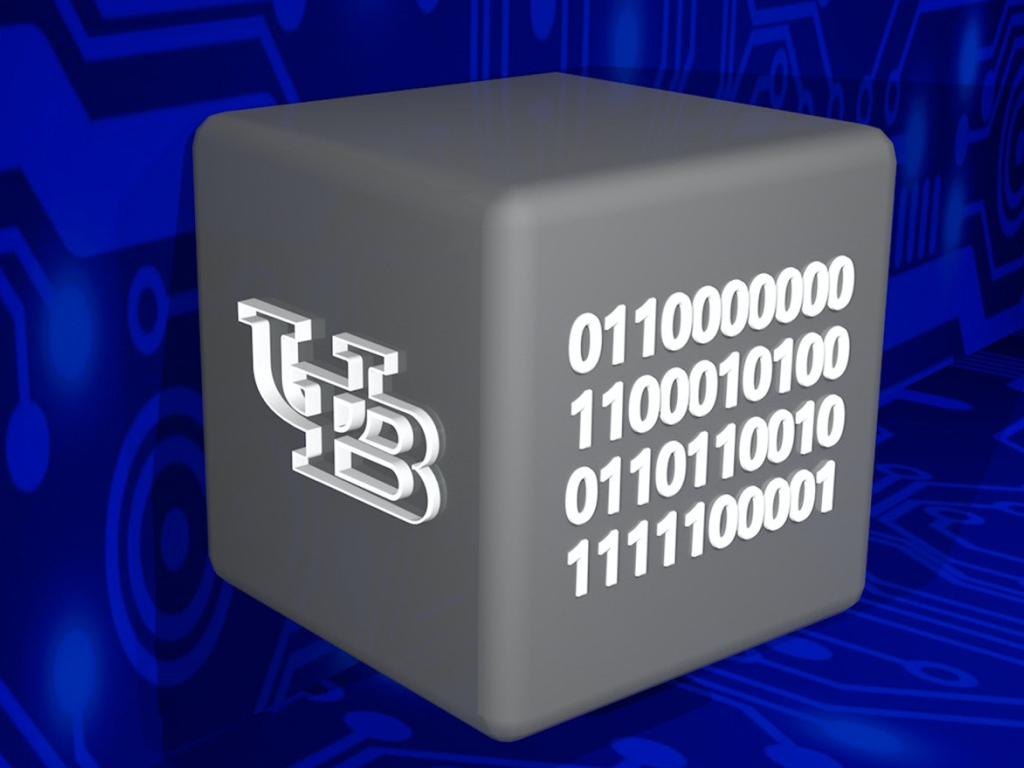Description
This first course of the Blockchain specialization provides a broad overview of the essential concepts of blockchain technology – by initially exploring the Bitcoin protocol followed by the Ethereum protocol – to lay the foundation necessary for developing applications and programming. You will be equipped with the knowledge needed to create nodes on your personal Ethereum blockchain, create accounts, unlock accounts, mine, transact, transfer Ethers, and check balances.
You will learn about the decentralized peer-to-peer network, an immutable distributed ledger and the trust model that defines a blockchain. This course enables you to explain basic components of a blockchain (transaction, block, block header, and the chain) its operations (verification, validation, and consensus model) underlying algorithms, and essentials of trust (hard fork and soft fork). Content includes the hashing and cryptography foundations indispensable to blockchain programming, which is the focus of two subsequent specialization courses, Smart Contracts and Decentralized Applications (Dapps). You will work on a virtual machine image, specifically created for this course, to build an Ethereum test chain and operate on the chain. This hands-on activity will help you understand the workings of a blockchain, its transactions, blocks and mining.
Main concepts are delivered through videos, demos and hands-on exercises.
Tags
Syllabus
- Blockchain Defined
- We will introduce and define blockchain, explain the structure and operational aspects of Bitcoin blockchain, and compare different types of blockchains.
- Ethereum Blockchain
- We will discuss the innovation of the Ethereum blockchain, review its protocol, and explore the payment model for code execution.
- Algorithms & Techniques
- We will discuss the concept of asymmetric key encryption, define the concept of hashing, and explain techniques that use algorithms to manage the integrity of transactions and blocks in blockchain.
- Trust Essentials
- We will define elements of trust in blockchain and discuss the Consensus protocol.
Related Problem Sets

Blockchain Basics
-
TypeOnline Course
-
Provider
-
PricingFree to Audit
-
CertificatePaid certificate
This first course of the Blockchain specialization provides a broad overview of the essential concepts of blockchain technology – by initially exploring the Bitcoin protocol followed by the Ethereum protocol – to lay the foundation necessary for developing applications and programming. You will be equipped with the knowledge needed to create nodes on your personal Ethereum blockchain, create accounts, unlock accounts, mine, transact, transfer Ethers, and check balances.
You will learn about the decentralized peer-to-peer network, an immutable distributed ledger and the trust model that defines a blockchain. This course enables you to explain basic components of a blockchain (transaction, block, block header, and the chain) its operations (verification, validation, and consensus model) underlying algorithms, and essentials of trust (hard fork and soft fork). Content includes the hashing and cryptography foundations indispensable to blockchain programming, which is the focus of two subsequent specialization courses, Smart Contracts and Decentralized Applications (Dapps). You will work on a virtual machine image, specifically created for this course, to build an Ethereum test chain and operate on the chain. This hands-on activity will help you understand the workings of a blockchain, its transactions, blocks and mining.
Main concepts are delivered through videos, demos and hands-on exercises.
- Blockchain Defined
- We will introduce and define blockchain, explain the structure and operational aspects of Bitcoin blockchain, and compare different types of blockchains.
- Ethereum Blockchain
- We will discuss the innovation of the Ethereum blockchain, review its protocol, and explore the payment model for code execution.
- Algorithms & Techniques
- We will discuss the concept of asymmetric key encryption, define the concept of hashing, and explain techniques that use algorithms to manage the integrity of transactions and blocks in blockchain.
- Trust Essentials
- We will define elements of trust in blockchain and discuss the Consensus protocol.

 Online Course
Online Course 
 Free to Audit
Free to Audit  Paid certificate
Paid certificate 